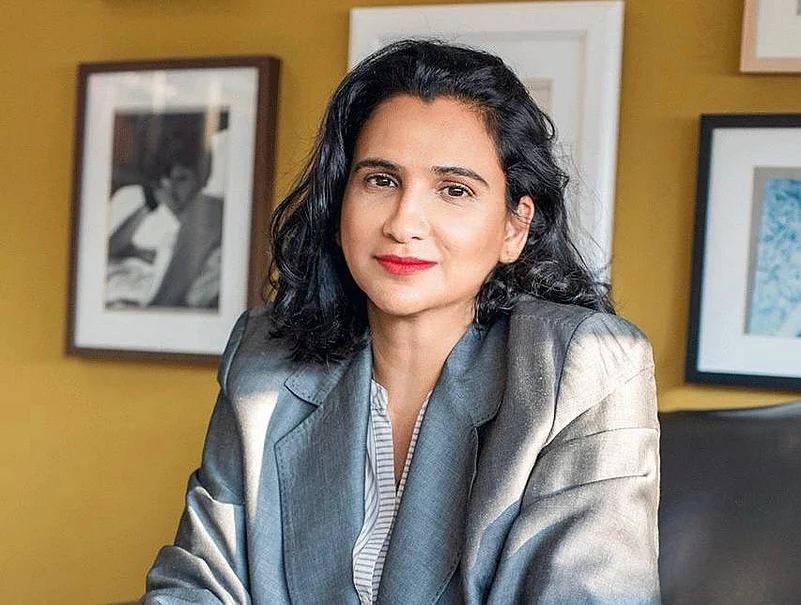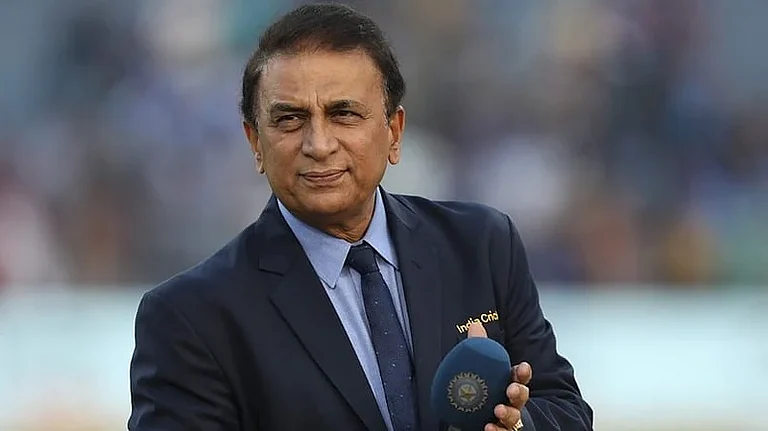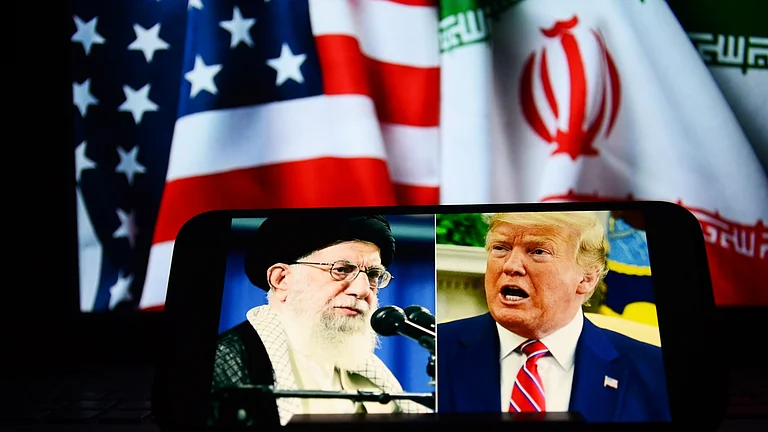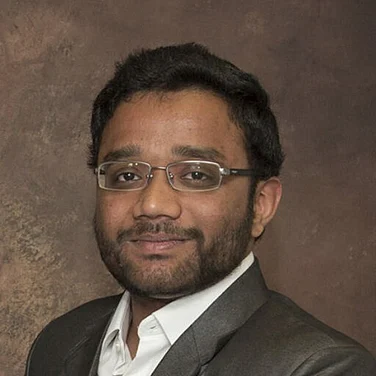A leadership confidence crisis is rocking world leadership. Faith in managers has fallen at a stunning rate, from 46% to 29%, over a two-year period (2022-2024), yet 72% of grown-ups polled attest that the United States is going through a business leadership shortage, based on new U.S. News and Harris Poll findings. At the same time, 61% of business leaders polled now consider that a resilient business is the key to success, and the World Economic Forum 2025 Future of Jobs Report cites resilience, flexibility, and being adaptable as top leadership skills demanded.
In this world of disappearing confidence and growing uncertainty, Devika Das provides a contrarian solution: stop doing, begin being present. Founder of Soul Soup Limited and author of “The CEO's Inner Work” and “From Within to Win,” Das has coached across the world— across crises and periods of change. Her experience for all the countries that she has operated (save India, her home country) has developed a singular approach to true leadership that is the talk of the town for international companies looking for stability.
Most recently named a Global Woman of Influence 2024, Das combines a psychodynamic approach with real business results. Her strategy — emphasizing self-knowledge, reading people, and flexible influence — has guided executives through anything from recalcitrant stakeholders to hypergrowth goals without downing organisational culture. Here, alone, she discloses what makes top leaders under turbulent conditions leaders who react quickest, rather than those who have cultivated what she terms “inner mastery”.
Today’s leaders face growing pressure to stay resilient amid volatility, AI disruption and rising demands. Devika, as a founder of Soul Soup Limited and a coaching professional with over two decades of experience coaching C-suite executives across six countries, how has your extensive leadership experience shaped your understanding of why authenticity is emerging as a strategic advantage?
There is a profound shift happening in how we think about leadership, and I’m witnessing it firsthand with the executives I work with. More leaders at various levels are starting to realise that the existing performance-driven model isn’t sustainable in the long term, moving to another approach: leading from genuine presence. In today’s volatile, always-connected business environment, the most effective leaders aren’t those who react fastest or speak loudest. They are the ones who’ve developed real inner mastery that allows them to respond thoughtfully instead of reacting. This improves the quality of their decision-making significantly, bringing tangible benefits for their companies.

Your professional journey spans executive coaching and training globally. How has this multicultural professional experience, combined with your Master in Change Management from INSEAD, shaped your own understanding of what it means to lead authentically?
My perspective on leadership has been shaped by living everywhere I’ve called home outside of India — Sri Lanka, Egypt, Indonesia, and almost twenty years in China, with a decade in the mainland in addition to this mentoring the people from diverse background internationally, which exposed me to different perspectives, values and cultures and how people define an inclusive environment. The experience provided me with an understanding of what it means to be underrepresented in global work cultures. I discovered that we all want the same fundamental things regardless of the cultures we are from. People want to be treated with dignity, care for who they love, and create better opportunities for the future. These values lie at the core of my coaching, because true leadership — resilient and efficient—stems from one’s ability to look at every person and recognise them as an equal.
In both your books, The CEO’s Inner Work and From Within to Win, you make a point that genuine command is neither some temporary trick nor a perpetually changing strategy that must be learned through introspection and posing deeper questions, rather than learning new instruments. These books lay out a singular approach, consisting of self-knowledge, reading people, and adaptive influencership. What are some good illustrations of desirable shifts leaders can craft through putting these techniques into practice?
I coached a large public sector organization senior leader who couldn't Getting influential with two essential members: a doubting team lead and a resistant external partner. Indulgent people with deep-seated behaviors, both were not receptive to new thinking. The leader understood a part of the issue was her own communicative style — too often overly technical with little emotional resonance. For three months, she worked on strengthening her executive presence with inner work. She practiced storytelling, adopted less technical, more concrete language, and was more aware of her non-verbal behaviors. Following specific changes in behaviors enabled her to develop a sustainable plan of influence, which, after a while, positively impacted the stakeholders, such that they became more actively involved and started recognizing her leadership. This case reflects the process of inner changes I refer to both of my books, showing that time is required for it to mature for its good results to become visible.

The approach on which you make your books is a combination of psychodynamic principles with religious practices, which centers on three pillars: self-knowledge, reading people, and adjusting with impact. Could you give one instance from your practice when this approach aided a leader to navigate a highly volatile or uncertain circumstance?
Take the case of a tech executive whose team had to change their approach to sales for rapid revenue appropriation goals. His consultants were experts at building long-term client relationships but were incapable of considering pursuing new leads, for they perceived it as being too transactional for their advisory ego. Rather than forcing through resistance, he did something different. First, he explored his own unease based on likely conflict, then sought out what his team was uncomfortable with based on holding on to professional values. After some joint sessions, the team was able to craft the new approach and success measures. Through such, the company was successful in attaining the revenue target without compromising its collaborative culture.
You mentor global women leaders and were recognised as a Global Woman of Influence in 2024, the award being another proof that your work has created ripple effects in organizational cultures worldwide. How does authentic leadership particularly serve women in male-dominated industries?
The women who break through corporate barriers share one quality: they’ve stopped second-guessing themselves. They speak with conviction, challenge assumptions when necessary, and bring their full range of capabilities, both analytical and intuitive, into their leadership. Moreover, they can lead differently without apologiыing for it. They build coalitions, create inclusive environments, and aren’t afraid to be vulnerable when it serves the mission. Their authentic leadership creates a ripple effect that brings wider changes to the organisational culture.
Given your prestigious memberships in the Forbes Coaches Council and Harvard Business Review Advisory Council, World Economic Forum Expert Network as well as your involvement in executive education, what emerging leadership trends are you observing? How is your methodology positioning leaders to address these trends more effectively than conventional approaches?
The leaders who will thrive are those investing in genuine self-mastery, giving themselves time to reflect on their leadership style, understanding their triggers, developing emotional steadiness, and building the capacity to make decisions from clarity rather than pressure. It’s important to understand that authentic leadership isn’t just a matter of personal development: it becomes an organisational strategy, as it benefits the team as a whole, improving its culture and helping to establish better communication. Teams led by emotionally regulated leaders have stronger potential for innovation, better communication, and more thoughtful decision-making. For leaders preparing for ongoing uncertainty, authentic leadership can become an internal foundation to respond wisely to whatever emerges.


























